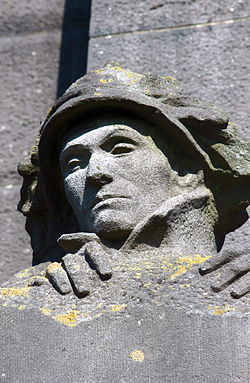“Let’s Face the Music and Dance”
“Hot Jazz“ (1940)
_______
having watched a superb interpretation
of this classic Nat King Cole number on
“So You Think You Can Dance” recently,
a show I havent missed since it started,
I went looking for a performance of the
song I could sink my teeth into, and
Fred and Ginger, however wonderful,
could not give me the immediacy I was
intent on discovering, I needed words,
not action, “Let’s Face the Music and
Dance” from the heart
though I’d heard of Diana Krall, I hadn’t
anywhere yet identified her, if ever I’d
even heard her
she took my breath away, knocked my
socks off, I want to go to Rio, where
she sang this song, just click
once I’d heard this piece on free Internet
video, I ran, didn’t just walk, albeit on the
comfort of my own sofa, to iTunes and
bought the whole show for what turned
out to be essentially a song, $4.99
Canadian, wow
turned out I could’ve got it for free as
well right there by running instead to
Google, had I not been so impetuous,
smitten
“Live in Rio“ is a revelation, and I don’t
even like jazz, but I liked this show
enough to make me want to fly to Rio,
make my own Bossa Nova, maybe even
meet my own Ipaneman
though Diana Krall, incidentally lives
right here in Vancouver, she says
note, in passing, the connections to
Classical music, you’ll want to count
tenuti, for instance, and rubati,
accelerandi and rallentandi, while
you’re at it
note also the Classical imperatives,
tonality, tempo, and repetition, which,
you’ll find, haven’t much changed in
the 21st Century, though rhythm is a
lot more fluid, flexible, now, not so
rigid
the group is a variation on the string
quartet, now comprising double bass,
guitar, percussion, and piano, with
voice thrown in
an orchestral back up makes us ready
for a concerto, where here we have a
set of independent pieces held
together, however solidly, by mere
mood
and, of course, Diana Krall’s vocal
and interpretive magic
Richard






